Experts Agree, Iran Deal Won’t Stop Its Regional Power Grab
March 4, 2015Iran will not abandon or modify its regional policies of expansion in exchange for Western concessions to seal a deal on its nuclear program, analysts say.
General Qassem Soleimani, a commander of Iran’s elite Revolutionary Guards, in February hailed Tehran’s widening influence from “Bahrain to Iraq, and Syria to Yemen and North Africa,” reports AFP.
Tehran says it supports Iraq against Islamic State (ISIS) jihadists by providing weapons, equipment and military advisers.
Even the US military’s top officer, General Martin Dempsey, said the role of Iran and Shi’ite militias in this week’s Iraqi offensive to retake the city of Tikrit from ISIS extremists could be positive, provided it did not fuel more sectarianism.
But the West, Israel and Gulf monarchies are concerned by Iran’s growing influence in other countries of the region.
Tehran is a key ally of the Syrian regime against the armed opposition, and it is accused of supporting Shi’ite-led protests against the Sunni dynasty ruling Bahrain, as well as having contributed to the seizure of power by Houthi Shi’ite rebels in Yemen.
Iran provides financial and military assistance to the Hamas terrorist organization which controls Gaza, and the powerful Shi’ite terror group Hezbollah in Lebanon.
Washington has claimed it will “confront aggressively” any bid by Iran to expand its regional influence on the ground even if a nuclear deal is struck, even though US President Barack Obama has made many overtures asking for an alliance with Iran.
On Tuesday in Congress, Prime Minister Binyamin Netanyahu denounced the Islamic regime’s regional ambitions and its threats to annihilate the Jewish state, in a bid to torpedo the nuclear deal being formed. He also warned the deal would spark a regional nuclear arms race.
Iran experts weigh in
Ali Vaez, Iran specialist at the International Crisis Group, opined that the nuclear standoff and regional issues were not connected.
The major powers and Iran “have seriously negotiated on the former, but only exchanged views on the latter,” he told AFP.
“No amount of regional cooperation could change the parties’ red lines on ‘breakout time’ (required for Iran to build an atomic bomb) and the lifting of sanctions,” he said.
Vaez said that only after a deal could Tehran and the world powers “be in a better position to try to resolve their differences.”
Iranian political analyst Amir Mohebian was categorical that there is “no way Tehran will agree to negotiate on its power.”
“The only power that fights Daesh (Arabic acronym for ISIS) on the ground today, is not the international coalition led by the United States, but Iran,” he told AFP, noting that the coalition is employing airstrikes.
And “no official is allowed and will allow himself to negotiate on the power of Iran.”
He denounced what he termed the US lack of strategy in Syria for “wanting (President Bashar al-) Assad to go without thinking about what happens afterwards,” despot who has massacred his own people would leave the way open for ISIS.
“Why do you want Iran to change its policy today? It was right from the start,” he claimed, echoing the official Iranian line.
Mohammad Sedghian, director of the Tehran-based Arabic Center for Iranian Studies, underlined that it was also unthinkable for Iran to abandon its support for anti-Israeli terrorist groups.
“Iran’s support for resistant movements against occupation…whether in Palestine or Lebanon is a strategic issue…and will not be influenced by
political or economic circumstances,” he said.
Similar posts
-
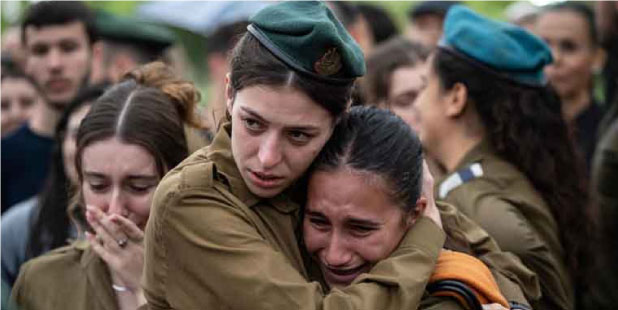
Israel Has The Most Moral Military In The World
April 10, 2024In the heart of a region often riddled with conflict, Israel stands out not only for its technologi...
-

The Resilience of the Israeli People
April 2, 2024Visitors from around the world have seen Hamas's October 7th Massacre's destruction in southern Isr...
-
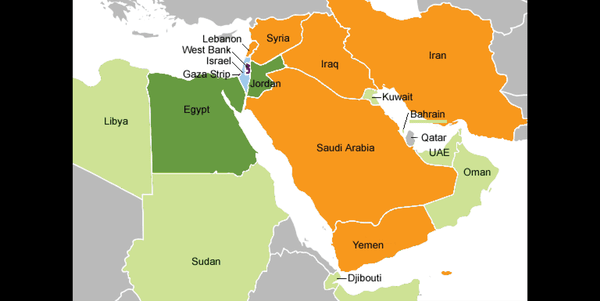
Israel: Small Size, Big Impact
March 21, 2024Nestled along the eastern edge of the Mediterranean Sea, Israel is a land of immense historical sig...
-
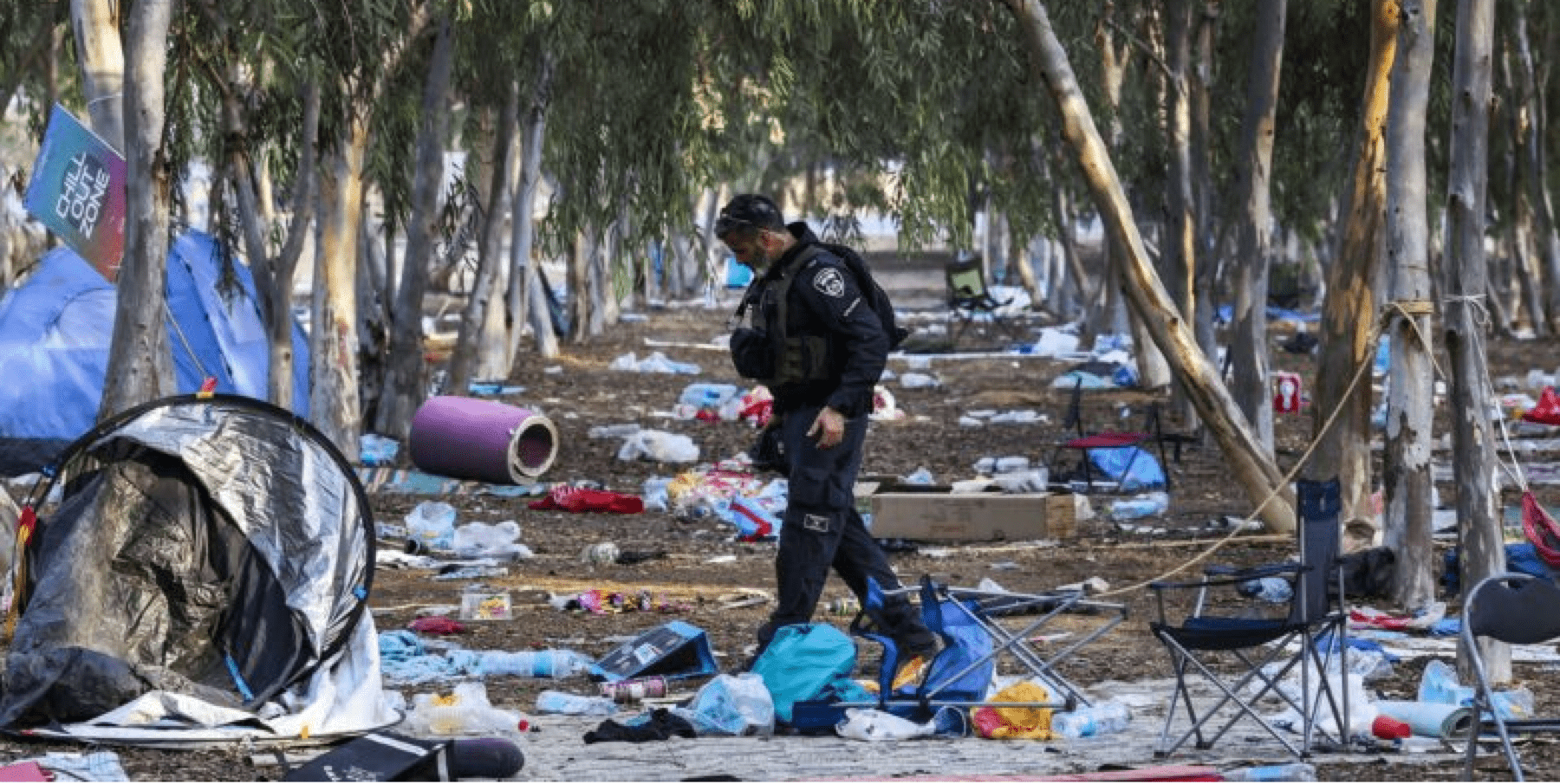
Israelis Are Fighting For Their Lives
February 21, 2024By Jonathan S. Tobin The world looks a lot different from Kibbutz Kfar Aza than it does in the U...
-
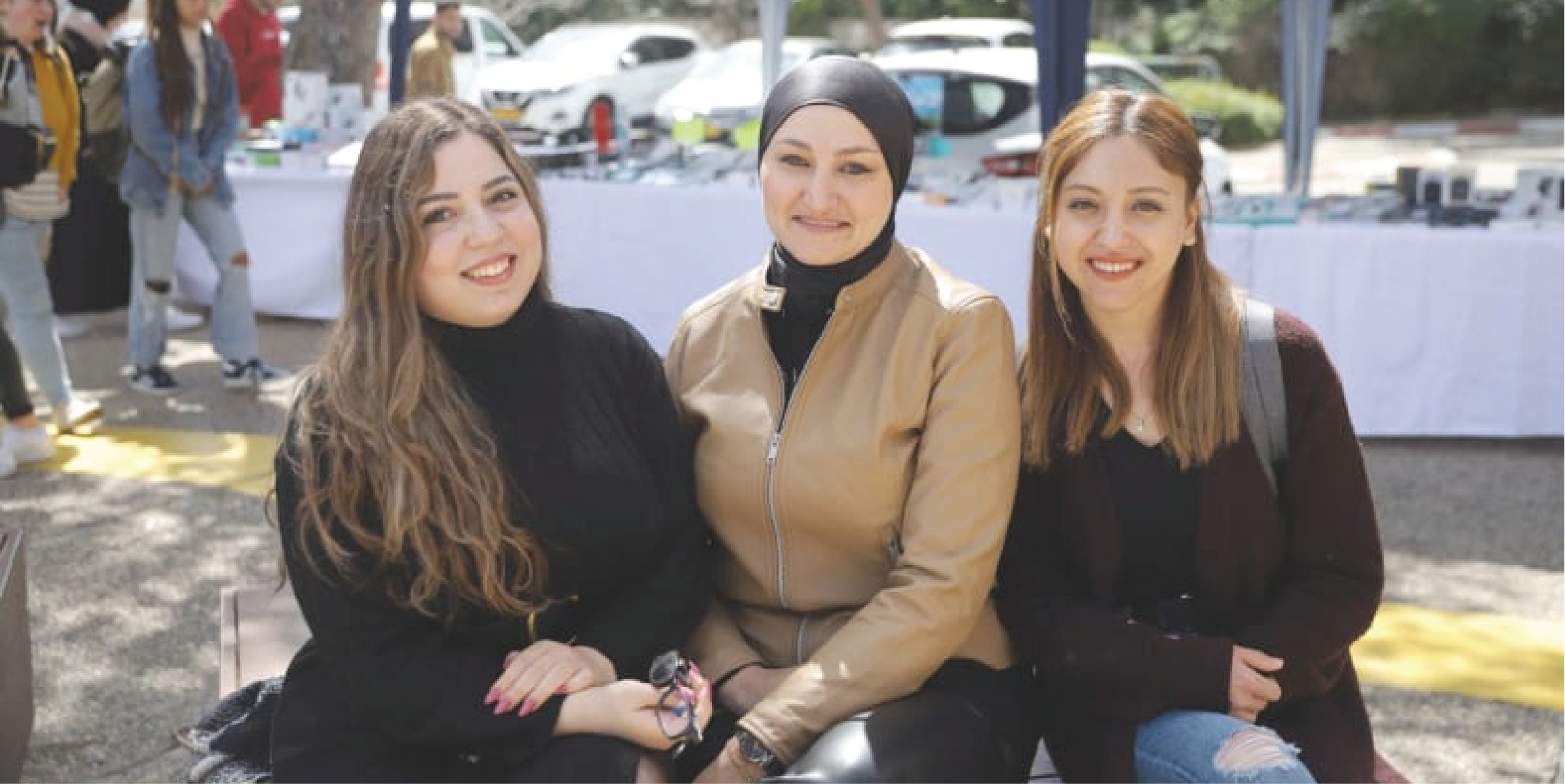
Over 2 Million Arabs Live In Israel
January 23, 2024In the complex landscape of the Middle East, where diverse cultures and identities intersect, Israe...
-
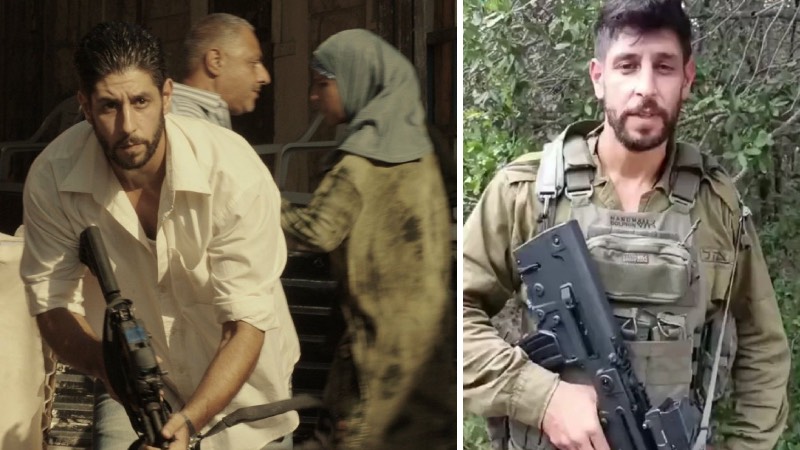
'Fauda' Star Idan Amedi Injured Fighting in Gaza
January 8, 2024Despite the severity of his injuries, Amedi's father assured Israeli news channels that his life is...
-

Israel Is A Great Country To Live In
December 28, 2023Nestled at the crossroads of the Middle East, Israel stands as a vibrant and dynamic nation, offeri...
-

Women's Empowerment in Israel
December 15, 2023In recent decades, Israel has witnessed a remarkable evolution in the status and empowerment of wom...




















